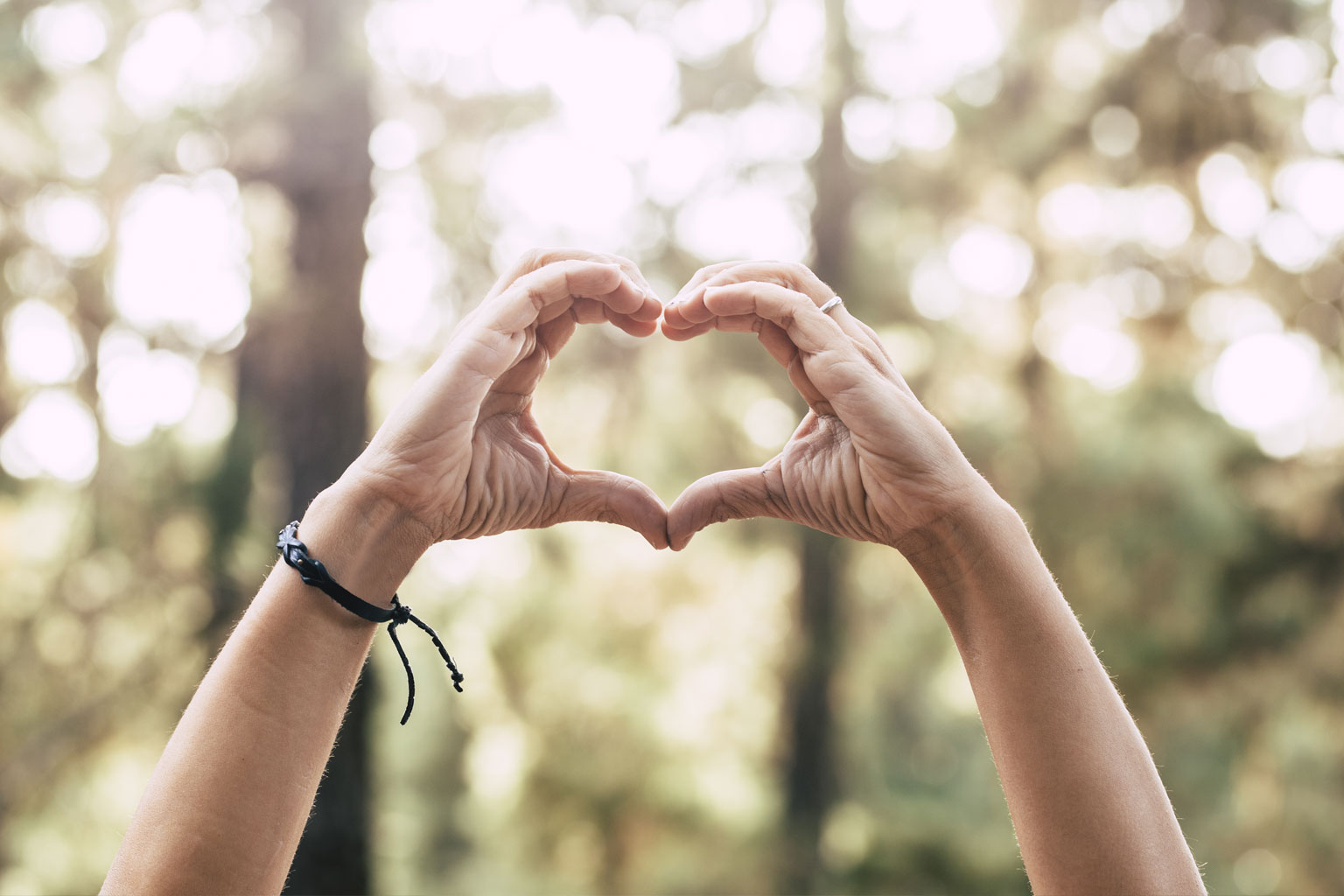It should come as no surprise that the spaces we occupy every day have a huge impact on our overall wellness. The Environmental Protection Agency and Vancouver Coastal Health report that Americans and Canadians spend about 90% of their time indoors. But what about the time we spend outdoors?
Your Welcoa membership has expired.
Caring for Earth as We Care for Ourselves
During this time of uncertainty, there is a lot of anxiety about what the future will bring, but there is also a lot of hope. Within just a few short weeks of social distancing, as we ceased traveling and producing at the rates that defined our lives before the pandemic, we were already seeing some amazing changes in the environment. By mid-March, scientists were already able to observe a dip in global greenhouse gas emissions. Myself and the team at WELCOA have found this environmental impact data to be a silver lining when so many other aspects of this crisis are so daunting.
A few weeks ago I found some quiet time to be outdoors. As many of you have probably experienced, there is an eerie quietness that comes with social distancing. I sat quietly under a tree and listened to the sounds of the earth. Rather than the sound of traffic or voices of others around me, I heard the rustling of hundreds of dried leaves as the wind ushered them across the grass. I heard birds singing. I inhaled deeply. Instead of smelling asphalt from nearby road construction or exhaust from passing cars, I smelled dirt and tree bark and grass. I could almost feel the earth sigh with relief from finally getting a little break. This time of mindfulness was great for my spirit during this difficult time, but it also inspired this blog to celebrate Earth Day (an annual event celebrated around the world on April 22 to demonstrate support for environmental protection). What are some ways that we can keep a good thing going once we all “go back to work” and our lives of travel and production?
How Your Business Can Protect the Earth
Here are a few ideas from the WELCOA Nation:
- At the WELCOA office, prior to COVID-19, we implemented a new system to ensure that the team would have access to clean drinking water while completely eliminating the use of bottled water. We discontinued purchasing bottled water and installed a dispensing spout in the break room for filtered cold or hot water. This change instantly reduced our monthly spend on clean drinking water by about 35%. We also purchased multi-use water bottles made from sustainable and safe materials for everyone, which made the transition even more fun. Here is what we communicated to the team about the importance of the change:
- It was important for the health of the team to reduce consumption of water out of plastic bottles. Water bottles contain chemicals like BPA and antimony that can cause reproductive issues, asthma and dizziness. Removing environmental health risks like this one is fundamental to our mission (Benchmark 6: Cultivate Supportive Health Promoting Environments, Policies & Practices).
- Plastic waste (including plastic bottles) washes into the ocean and kills 1.1 million marine creatures annually.
- 38 billion water bottles (over 2 million tons) end up in U.S. landfills each year.
- Bottling water releases 2.5 million tons of carbon dioxide into the atmosphere annually and takes 17 million barrels of oil to produce a year’s supply. That’s enough oil to fuel 1.3 million cars for the year or power 190,000 homes!
- If you have a break room with a dishwasher, chances are that you have some formal or informal rules in place to make sure dishes are cleaned and unloaded. Have you ever thought about the sustainability impact of running a mostly empty dishwasher? Here is an easy policy idea for office dishwashers that our team implemented last year. Signage was posted in the kitchen with guidance for when/how often to run the dishwasher. We have other daily tasks depending on whether it is our day to park in the covered garage (we take turns using the limited spots we have). The goal was two-fold: to help clarify what garage day duties are for all team members and to help us use less water and power by not running a load of dishes every day simply out of habit or perceived obligation. Curious about our new policy? Check out our signage here.
- We asked the WELCOA network to share ideas as well, and heard a great idea from the State of Tennessee. They disseminated a challenge to meal-plan for one week to reduce food waste in honor of Earth Day. This is a great sustainability practice that we can build habits for during social distancing, but can be kept up even after restaurants reopen.
At WELCOA, we talk about the right approaches to worksite wellness involving the whole system. Just as this virus is teaching scientists about the impact that human behavior has on the environment, the small changes that we make to our worksite cultures and practices today can have long-term positive impact to both human and environmental sustainability. Let us know how you are planning to continue to invest in environmental sustainability once we get back to work. Happy Earth Day from your fellow humans at WELCOA!

Sara Martin, MS // Chief Operations Officer • WELCOA
Sara has launched award-winning wellness programs and engineered work environments to create cultures of health across multiple industries. At WELCOA, her role is to ensure you continue to have access to the best products and information so you can achieve your professional and personal wellness goals.




